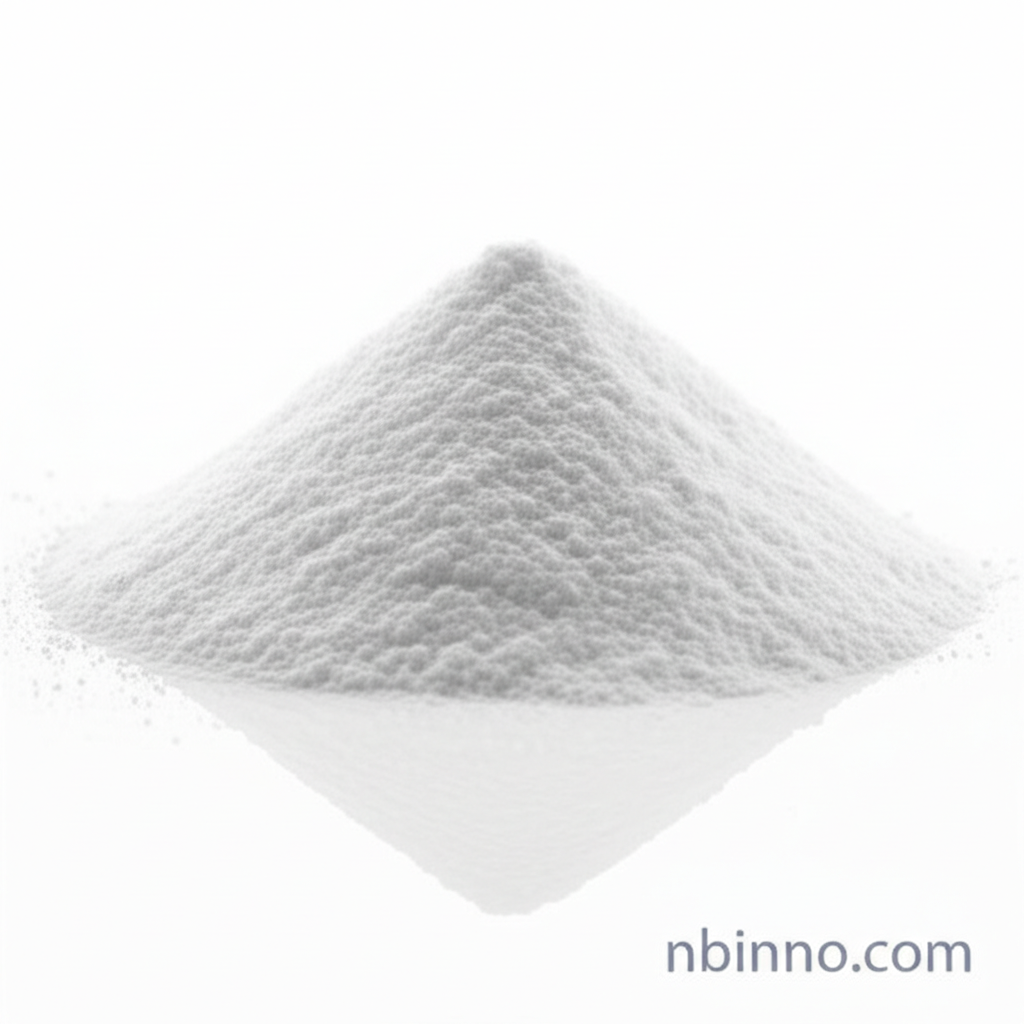Understanding Thiamine Hydrochloride: A Comprehensive Guide to its Properties, Benefits, and Applications
Explore the vital role of Vitamin B1 in your health and discover its diverse applications.
Get a Quote & SampleProduct Core Value

Thiamine Hydrochloride
Thiamine Hydrochloride, also known as Vitamin B1, is a water-soluble vitamin essential for converting food into energy. It plays a critical role in maintaining a healthy nervous system, muscle function, and cardiovascular health. Ensuring adequate intake is key to preventing deficiency-related conditions.
- Thiamine Hydrochloride uses extend to its crucial role as a cofactor in carbohydrate metabolism, facilitating the conversion of food into energy for cellular processes.
- Understanding Vitamin B1 deficiency symptoms such as fatigue and appetite loss highlights the importance of this nutrient for overall well-being.
- The article explains how Thiamine works by enabling cells to properly convert food into energy, thus alleviating deficiency symptoms.
- Discovering natural sources of Vitamin B1 like peas, lentils, and whole grains empowers informed dietary choices.
Benefits and Advantages
Energy Production Support
Thiamine hydrochloride is fundamental in the body's energy production pathways, ensuring that carbohydrates are efficiently converted into usable energy, which directly combats fatigue and boosts vitality.
Neurological Health Maintenance
Adequate intake of Thiamine Hydrochloride is vital for maintaining optimal nerve function, contributing to the synthesis of neurotransmitters and supporting cognitive health.
Deficiency Prevention and Treatment
By understanding Vitamin B1 deficiency treatment, individuals can proactively manage their health, preventing conditions like beriberi and Wernicke-Korsakoff syndrome through proper Thiamine supplement benefits.
Key Applications
Nutritional Supplementation
Thiamine hydrochloride is widely used as a key component in multivitamin formulations and standalone supplements to ensure adequate dietary intake and prevent deficiencies.
Food Fortification
Enhancing staple foods with Thiamine hydrochloride improves the nutritional profile of processed foods, contributing to public health by increasing the intake of this essential vitamin.
Pharmaceutical Intermediates
In the pharmaceutical sector, Thiamine hydrochloride serves as a crucial intermediate for synthesizing various medications and therapeutic agents that address B1 deficiency-related ailments.
Health and Medicine
Beyond supplementation, its role in treating conditions linked to insufficient Thiamine levels makes it a valuable compound in the broader field of health and medicine, promoting recovery and preventing chronic issues.
